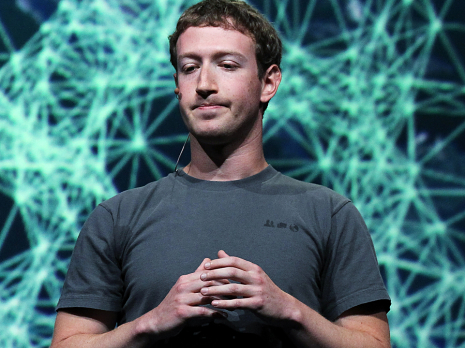In a recent televised interview with MSNBC and Recode, Apple CEO Tim Cook was asked how they would have responded if he was in the shoes of Facebook founder Mark Zuckerberg, who is reeling from the Cambridge Analytica fallout.
“I wouldn’t be in this situation,” said Cook.
Cook emphasized Apple’s position on privacy as a “human right” and “a civil liberty”.
“The truth is, we could make a ton of money if we monetized our customer — if our customer was our product,” said Cook. “We’ve elected not to do that.”
On Monday, Facebook CEO Mark Zuckerberg called out the Apple CEO on his comments and hit back, calling Cook’s criticism “extremely glib.”
Zuckerberg responded in an interview with Vox, “I find that argument — that if you’re not paying, that somehow we can’t care about you — to be extremely glib and not at all aligned with the truth.”
“There are a lot of people who can’t afford to pay” for a service and that having an “advertising-supported model is the only rational model that can support building this service to reach people,” Zuckerberg said. “If you want to build a service which is not just serving rich people, then you need to have something that people can afford.”
The Facebook CEO pushed further with his comments against Cook saying, “If you want to build a service which is not just serving rich people, then you need to have something that people can afford.”
He added, “At Facebook, we are squarely in the camp of the companies that work hard to charge you less and provide a free service that everyone can use. I don’t think at all that that means that we don’t care about people.”
Zuckerberg further argued that it’s tech companies like Apple that charged premiums that might care less. “To the contrary, I think it’s important that we don’t all get Stockholm syndrome and let the companies that work hard to charge you more convince you that they actually care more about you. Because that sounds ridiculous to me,” he said.
Facebook has been under intense pressure after it admitted that Cambridge Analytica, a company that worked on President Donald Trump’s 2016 campaign, had accessed and improperly stored a huge trove of its user data.





